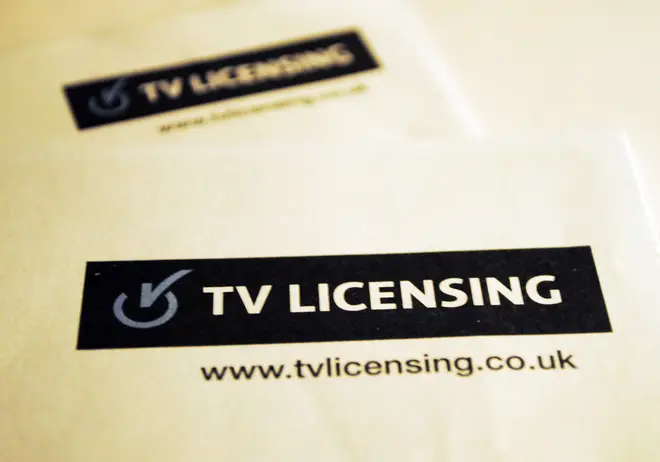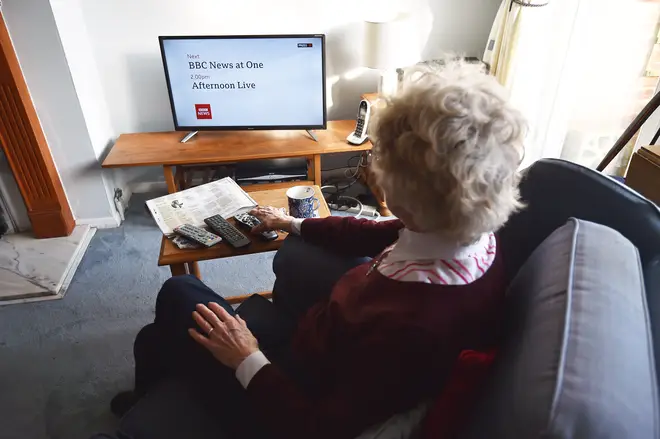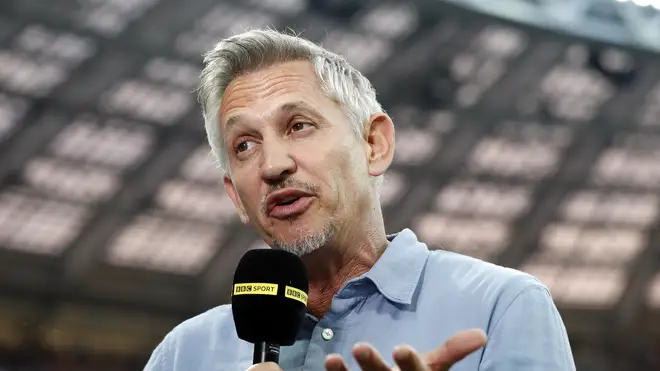
Ian Payne 4am - 7am
5 February 2020, 00:33 | Updated: 5 February 2020, 00:36

The Government will seek the public's views on whether evasion of the TV licence should be decriminalised.
Culture Secretary Baroness Morgan said it was time to "think carefully" about whether the TV licence fee was relevant in the modern media landscape.
The public consultation will evaluate whether criminal sanctions for the non-payment of the licence fee should be replaced by an alternative enforcement scheme.
Baroness Morgan said: "Many people consider it wrong that you can be imprisoned for not paying for your TV licence and that its enforcement punishes the vulnerable.
"Today we are launching a public consultation to make sure we have a fair and proportionate approach to licence fee penalties and payments, that protects those most in need in society."
Last year there were about 26 million active TV licences in the UK, generating an income of £3.69 billion for the BBC.

However, in 2018 more than 121,000 people were convicted and sentenced for licence fee evasion and issued with an average fine of £176.
Five of these went to prison for not paying fines.
Any move to decriminalise licence fee evasion will not come into effect until April 2022, according to DCMS.
The Department for Digital, Culture, Media and Sport (DCMS) said: "The consultation does not ask for views on any other changes to the TV licence and is clear decriminalisation of TV licence fee evasion would have an impact on BBC funding.
"If the Government decides to take it forward it will consider the impact of it in the context of the overall licence fee settlement, with negotiations beginning later this year."
A spokesman for the BBC said any proposals to decriminalise non-payment of the licence fee should be considered at the time of the settlement.
He added: "A detailed Government commissioned review found the current system to be the fairest and most effective.
"It did not recommend change, in part because the current system is effective in ensuring payment with very few people ever going to prison."
He added: "There is a question about what issue this repeat consultation is trying to solve."
Any changes "must be fair to law-abiding licence fee payers and delivered in a way that doesn't fundamentally undermine the BBC's ability to deliver the services they love," he said.
Last week, Match Of The Day host Gary Lineker said that buying a TV licence should not be compulsory.
He said that if you made purchasing the licence optional, "you would lose some people, but at the same time you'd up the price a bit".
"(The licence fee) is the price of a cup of coffee a week at the moment. If you put it up you could help older people, or those that can't afford it," he added.

Last month the outgoing director-general of the BBC Lord Tony Hall defended the licence fee model, saying that "because we are funded by everyone, we must offer something outstanding for everyone".
Baroness Morgan will also announce a flexible payment scheme for the TV licence, which will allow "vulnerable people, including those over the age of 75" to split the bill into installments.
She said the payment scheme "will help prepare the BBC and public service broadcasting for the future and make sure it continues to work for our society, our economy and the public which funds it".
While monthly payment plans are already offered by TV Licensing, they currently bill customers at a higher rate during the first six months of their first year rather than splitting the cost evenly throughout the year.